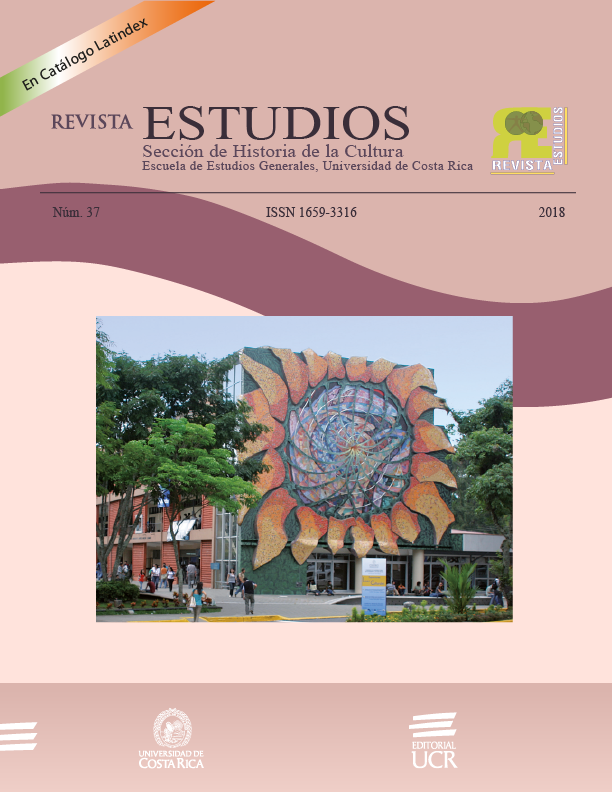Abstract
In the following investigation an interpretation will be developed of the political concept established in the thought of Machiavelli. The following paper suggests determining, through the study of the lives and political exercise of Rodrigo and César Borgia, how and to what extent these 16th-century Italian characters influenced the development of the political thought of the Florentine which are reflected in his book The Prince. In order to achieve the above, it starts from an analysis of the comparative historical method implemented by Machiavelli in his text The Prince, for which has it been affirmed that he holds the title of father of political science.
References
Cervera, C. (4 de abril del 2018). El trágico destino del monje hereje que desafió a un Papa español con su quema de obras de arte «impuro». ABC. Recuperado desde: http://www.abc.es/historia/abci-tragico-destino-monje-hereje-desafio-papa-espanol-quema-obras-arte-impuro-201804122218_noticia.html
García Jurado, R. (2012). Del profeta armado al vicario saboyano. La religión civil en Maquiavelo y Rousseau. Revista Política y Cultura, 38, pp. 9-26.
García Jurado, R. (Mayo-agosto 2013). La influencia de los Borgia en el pensamiento político de Maquiavelo. Revista Argumentos. 26 (72), PP. 241-267. ISSN: 0187-5795
Llorca, B. (Enero-junio 2010). Maquiavelo, César Borgia y las mille mutazioni. INGENIUM. Revista de historia del pensamiento moderno. (3), pp. 60-79. ISSN: 1989-3663
Maquiavelo, N. (1993). El Príncipe. México: Editorial Porrúa
Schenoni, L. L. (Diciembre, 2007) El concepto de lo político en Nicolás Maquiavelo. Andamios. Revista de Investigación Social. 4(7), PP. 207-226 ISSN: 1870-006


